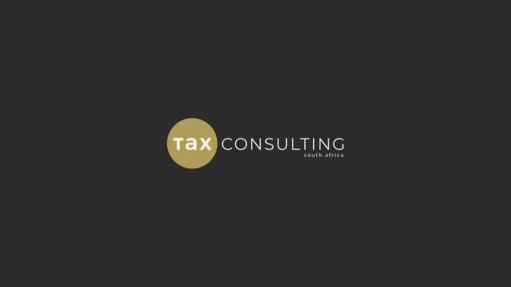
From the taxpayer’s perspective, the 2022 Budget Review may have been received relatively well. Tax rates were not increased, the tax brackets and rebates for personal income tax were adjusted for inflation, fuel and RAF levies both remain unchanged for the first time in more than 30 years and the corporate tax rate is set to be reduced. Beyond that, tax receipts for 2021/22 have exceeded initial expectations and are now projected to reach R1.55-trillion, compared to an estimated R1.37-trillion at the time of the 2021 Budget, which is expected to continue over the medium term. But if you read the Budget Review as a whole, the picture is actually pretty grim.
Economic outlook beyond the Covid-19 pandemic
The Budget Review details the economic growth of selected countries from 2020 to 2023, drawn from the IMF’s World Economic Outlook. The comparison includes some of the most advanced nations, the other BRICS countries and Nigeria. Based on the data, South Africa’s rate of economic contraction in 2020 (at the height of the pandemic) was one of the highest. Looking ahead, we will also be the slowest to recover, with projected growth of 2.1% for 2022 and 1.6% for 2023. Other countries, for example the UK, had a huge contraction in 2020 (-9.4%) but recovered in 2021, with better prospects in 2022 and 2023.
Government debt
Looking at the consolidated government expenditure, debt-service costs are currently our third largest expense. These costs have a higher average growth rate than expenditure on all functions (10.7%) and, in three years’ time, the cost to service our debt will be our second largest expense. What this means is, instead of tightening our belts, we are borrowing money to fund our expenses, which includes paying for that debt and paying social grants to nearly half of our population. The reason for incurring the debt is of course to cover the shortfall on revenue collection, which brings us to the tax system.
The tax system is failing
While revenue collection is ahead of projections, this fact in isolation means nothing. The government’s tax expenditure statement reads: “[t]he primary aim of the tax system is to raise sufficient revenue for government spending.” Patently, as we have to look to the IMF and the World Bank to fund our spending, the tax system is not achieving its primary aim. This is no surprise.
Government’s reliance on personal income taxes is increasing, where a small segment of taxpayers contributes the bulk. So, while tax rates are not hiked to increase the burden on wealthy taxpayers, SARS is expected to collect more from these individuals to cover the shortfall – the Budget Review confirms that the filing obligations on the wealthy will become more onerous and SARS is ramping up the operations of its High Wealth Unit. Time will tell if this strategy of “broadening the tax base” will reap rewards, but it could never be sufficient to materially change our fortunes.
Are we stealing from tomorrow?
Taxpayers may be relatively happy with the budget in the context of their current circumstances, but actually it paints a picture where we are creating massive problems for tomorrow.
Written by Jean du Toit, Head of Tax Technical at Tax Consulting SA